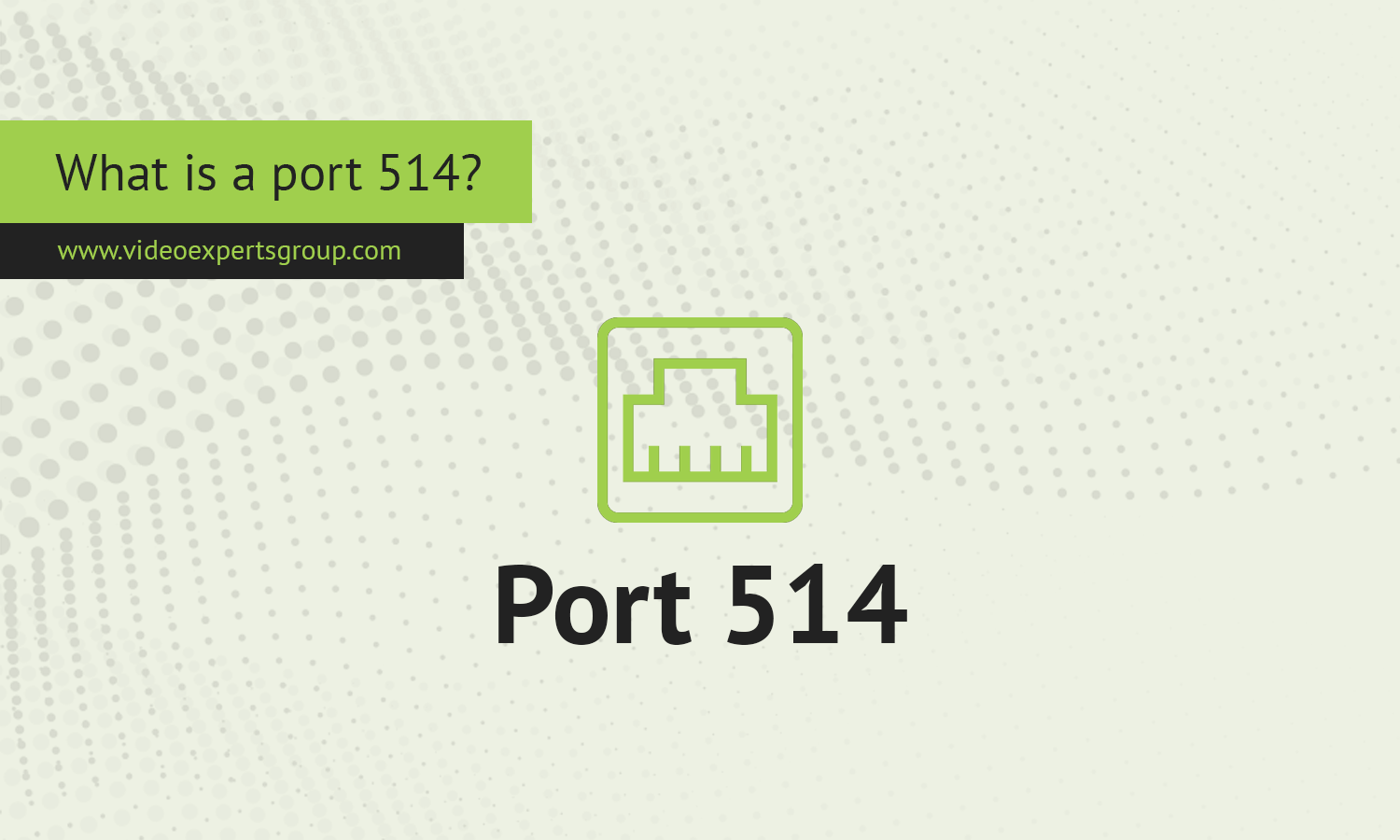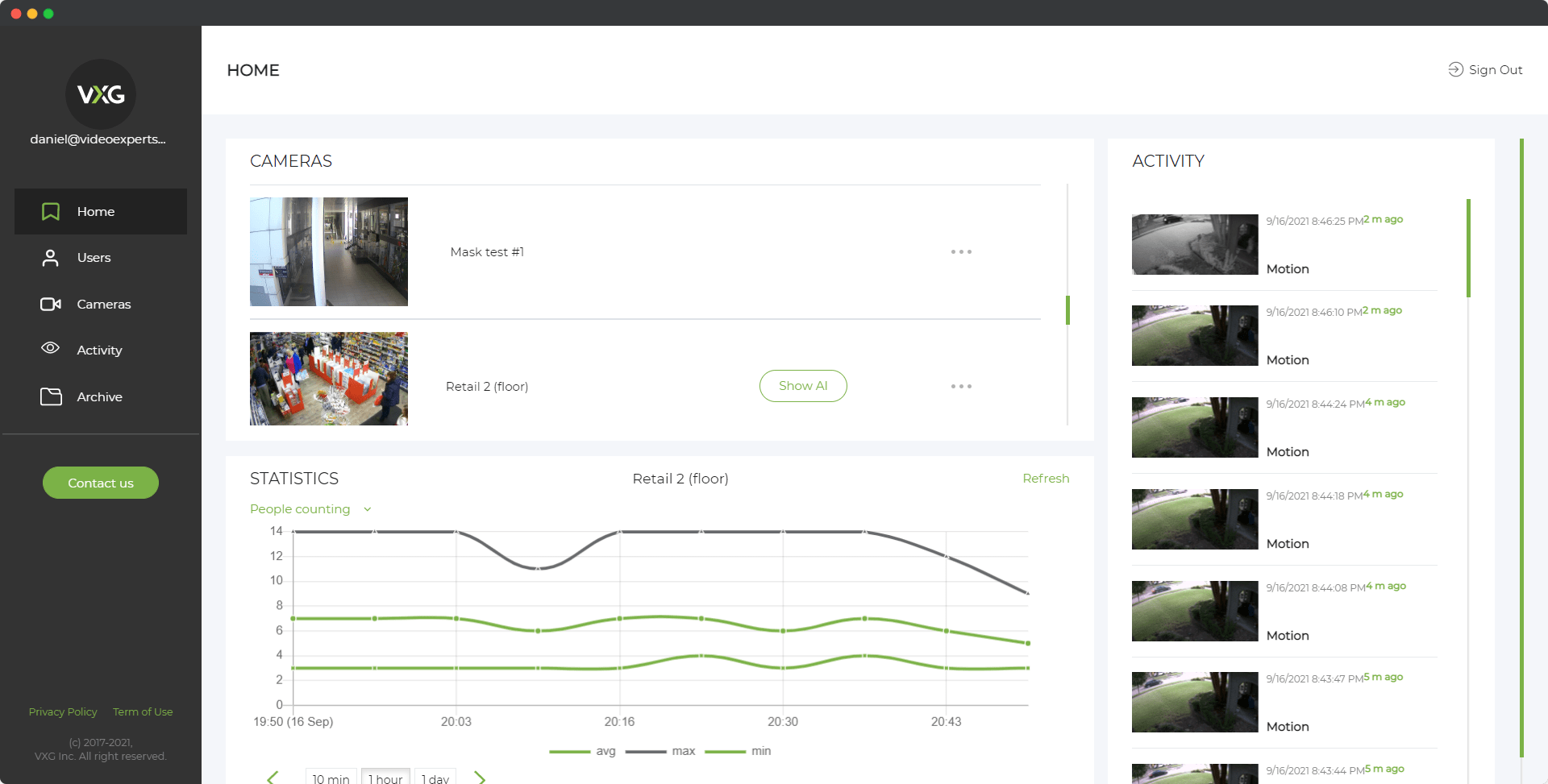Each port is associated with a specific service or application, making it easier for systems to manage traffic. Among the many ports in use, Port 514 holds a unique place, particularly in the realm of logging and system monitoring.
Meaning
Port 514 is a well-known port in networking, associated with two primary protocols: Syslog and Remote Shell (RSH). The port can operate over both Transmission Control Protocol (TCP) and User Datagram Protocol (UDP), depending on the service it is supporting. However, Syslog generally uses UDP, while RSH utilizes TCP. The use of Port 514 is common in Unix and Linux environments, where it plays a vital role in logging events and remotely executing commands.
What is Port 514 Used For?
Syslog (UDP/514)
One of the primary uses of Port 514 is with the Syslog protocol, which operates over UDP. Syslog is a standard protocol used for logging system messages. It allows network devices, servers, and other infrastructure components to send logs to a centralized server known as a Syslog server. The logs collected can be analyzed for various purposes, such as identifying system errors, tracking user activities, or monitoring security events.
Syslog messages typically include information like timestamps, event types, severity levels, and the source of the log. Because it uses UDP, Syslog is considered to be a lightweight protocol that doesn't require a connection to be established before transmitting data. However, this also means it is less reliable, as UDP does not guarantee delivery.
Remote Shell (TCP/514)
Another significant use of Port 514 is for the Remote Shell (RSH) service, which operates over TCP. RSH allows users to execute commands on a remote machine without having to log in explicitly. This can be particularly useful for automating tasks or managing systems remotely in a networked environment. However, it is important to note that RSH is an older protocol and is largely considered insecure due to its lack of encryption.
Vulnerabilities
Port 514, like any network port, can be a potential target for attackers. The vulnerabilities associated with this port largely depend on the services using it.
Syslog Vulnerabilities
Since Syslog over UDP does not provide a secure means of communication, it is susceptible to various types of attacks. An attacker could potentially intercept or spoof Syslog messages, leading to misinformation in the logs or the potential for injecting malicious entries. Furthermore, because UDP does not guarantee delivery, important log messages could be lost, leading to incomplete or inaccurate log records.
To mitigate these risks, many organizations are moving towards more secure alternatives, such as Syslog over TLS (Transport Layer Security), which provides encryption and ensures data integrity.
RSH Vulnerabilities
RSH, while historically significant, is known for its security weaknesses. It does not encrypt the data transmitted between the client and server, making it vulnerable to eavesdropping and man-in-the-middle attacks. Additionally, RSH relies on a trust-based authentication mechanism that can be easily exploited if an attacker gains access to a trusted host.
Given these security concerns, RSH has largely been replaced by more secure alternatives, such as Secure Shell (SSH), which provides robust encryption and authentication methods.
Port 514 is integral to specific network services, particularly Syslog and RSH, in Unix and Linux environments. While it serves important functions, especially in logging and remote command execution, the inherent vulnerabilities associated with these services highlight the need for caution. As cybersecurity threats evolve, relying on more secure protocols and ensuring that logging mechanisms are protected becomes essential for maintaining the integrity and security of networked systems.
















